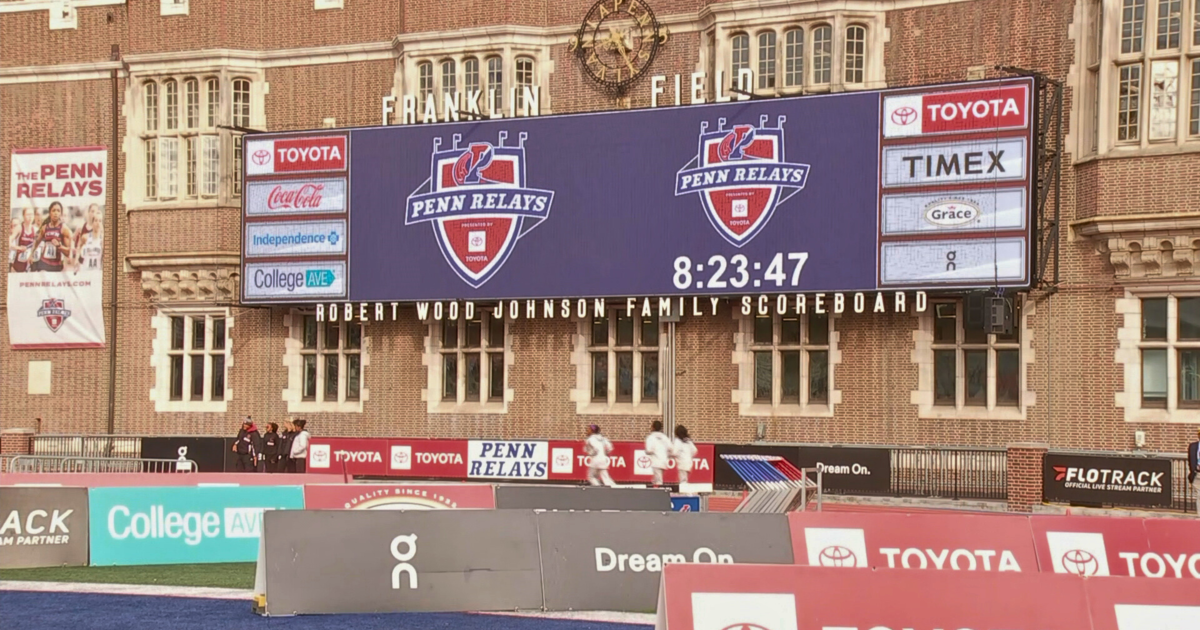Study: Can A Raisin Test Predict A Child's Academic Ability?
COVENTRY, England (CBS) -- Can something as small as a raisin predict a child's academic ability?
Researchers at the University of Warwick conducted a study using a piece of dried grape and a plastic cup.
Researchers say toddlers were given a raisin that was then placed under a cup. The children were asked to not touch the raisin until they were given approval.
The wait time given to the children was sixty seconds, according to the study.
During the study, researchers discovered that toddlers who were born very prematurely were more likely to take the raisin during the allotted time period.
Researchers say in a follow up study, the academics found that those who could not inhibit their behavior as toddlers were not performing as well in school as their full-term peers seven years later.
"Children's performance in such emotionally valenced inhibitory task assessment has been shown to predict life-long academic attainment and achievement outcomes, even after controlling for cognitive ability and socioeconomic status," according to the study.
Researchers concluded, "The lower a child's gestational age, the lower the inhibitory control and the more likely that the child had poor attention regulation and low academic achievement. Adverse effects of preterm birth on attention and academic outcomes are partially mediated by toddlers' inhibitory control abilities. These findings provide new information about the mechanisms linking preterm birth with long-term attention difficulties and academic underachievement."
To view the full study, click here.



